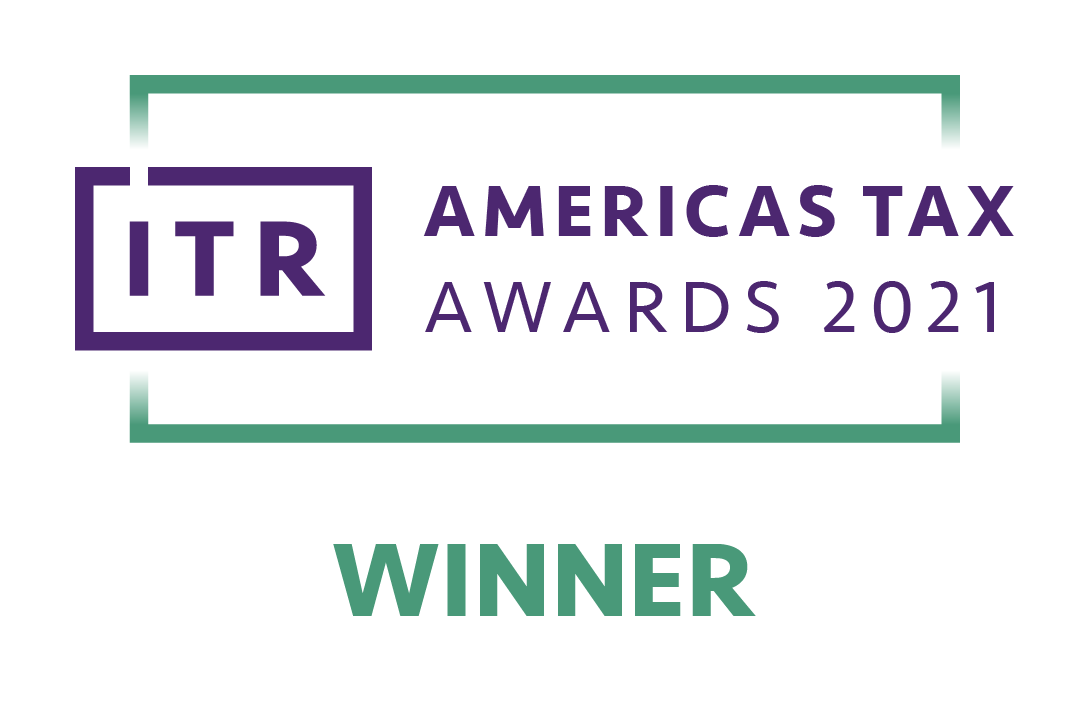The Executive Branch (“EB”) enacted Law No. 6524/20 (the “Law”) on March 26 2020, after two marathon days for debate and approval at the National Congress, declaring emergency throughout the country for year 2020 over the Covid-19 pandemic and establishing administrative, labor, corporate, fiscal and financial measures.
Basically, this Law grants broad powers to the EB to apply during 2020 such exceptional measures in order to mitigate or reduce the consequences arising from Covid-19 or Coronavirus pandemic by strengthening the health system, protecting employment and preventing payment chain from breaking.
Some of the most outstanding measures included in the Law are the following.
i. Labor and Social Security issues
In this area, the Law establishes the legal regime for telework in dependent employments for both private and public sectors, in accordance with the regulations of each Government agency or office.
Law defines teleworking as the performance of activities or work carried out remotely, in whole or in part, in dependency relationships, through the use of Information and Communication Technologies (“ICT”) based on a work arrangement that allows remote execution, being the physical presence of the worker at a specific job site not required.
On the other hand, it is established that the Ministry of Finance (“MF”) may release a contribution of up to USD 100.000.000 to the Social Security Institute (“IPS”) (on account of the Government contribution of 1.5% over the amount of wages paid by employers), to be allocated to sick leave subsidy expenses and financial compensation to workers when, due to the health emergency, it is established the total or temporary cessation of their employment contracts, upon IPS establishes the mechanisms, conditions and methodology for calculating such compensations.
Also, the Law establishes that IPS must continue to provide services to those enrolled, regardless of the payment of labor contribution by their employer, which may be refinanced for up to eighteen months, an important measure to maintain jobs.
ii. Corporate
The main provision of the Law in this regard is the extension of the term established in the Civil Code for calling to general annual shareholders meetings to examine Board’s Reports, approve financial statements corresponding to fiscal year ended on December 31 2019 and appointment of Board members, trustees as well as their remuneration.
Meetings can be held within six months following the end of the fiscal year. Therefore, shareholders meetings may be held until June 2020 to address the mentioned agenda, instead of the legal term of four months (April).
Although this measure was not strictly necessary since it does not and did not exist any type of penalties for holding the meeting after the period provided in the Civil Code, there is a number of regulated entities that needed to count on such extension in order to avoid unfulfillment of other administrative provisions.
Regarding rents, the Law authorizes tenants to pay just 40% of the rental price, at least, until June of this year. With this payment, landlords may not evict their tenants.
Since this provision is not a reduction or discount on the rental price, the remaining pending amount must be paid pro rata along with the total rental price starting on July, within a maximum period six months.
Failure to pay these pending amounts within the established term does allow landlords to request eviction.
It is important to clarify that the Law does not prohibit the application of default interest for non-payment of the remaining balances within six months, so this important factor should be negotiated and discussed under good faith between the parties.
iii. Tax issues
Regarding taxes, the Law authorizes the EB to provide for the extension of due dates set for filing balances and/or payments of tax liabilities corresponding to this fiscal year 2020, including IRE, IDU, INR, IRP, VAT and ISC, as well as liabilities of fiscal year 2019 pending of settlement (such as Iracis, Iragro).
The extension does not apply to liabilities of withholding or collection agents, so they should continue to act as such and withheld amounts must be submitted in the usual way and date.
Also, during the validity of the Law, filing of new applications for tax credit refunds is suspended, as well as the resolution of those in process, except for the ones falling under the accelerated regime.
And, regardless of the date in which the general annual shareholders meeting was held, taxpayers may report and withhold the IDU until August 31, 2020. Drafting of this provision is unclear, so we await the regulation by the EB.
The EB is expected to take the measures deemed as appropriate at this time, which may be modified or extended according to circumstances, always within this legal framework.
iv. Financial issues o Check issuance
Exceptionally, local Banks may not apply penalties and send the respective reports to the Superintendency of Banks in regard to closing current accounts as a result of checks returned due to insufficient funds, until July 1 2020
To be a beneficiary of this measure, the issuer must have communicated to the respective Bank about issuance of the check(s) that would generate penalties, within five business days following the entry into force of the Law. Since it was published on March 26, 2020, the term would end on Thursday April 2, 2020. Therefore, checks not informed within that period, or issued after, cannot be benefited from this measure.
In addition, the Bank is not under the obligation of cancelling the current account even if, within the valid period of this measure, more than three checks are returned due to insufficient funds.
The Central Bank of Paraguay (“BCP”) shall regulate this provision, in order to provide more details on how this measure will be applied.
o Approved Loans
National and international loans up to the amount of USD 1.600.000.000 were approved, and the EB was authorized to sign loan agreements with international multilateral, bilateral and official aid organizations.
The EB is also authorized, through the MF, to issue and place bonds of the General Treasury in the domestic or international market which would allow the capture a portion of the approved resources.
Additionally, the EB was authorized to extend the contractual jurisdiction applicable to these loans.
Funds obtained from these loans will be exclusively used to finance the emergency measures and the economic effects of the Covid-19 health crisis, including current expenses.
The BCP may grant in advance to the Paraguayan Government all resources authorized by the Law and be repaid through the authorized loans.
v. Public procurement
By virtue of the Law, the National Directorate of Public Procurement (“DNCP”) must enforce expedited contracting measures, through the exception option, for obtaining goods and services required by the Ministry of Public Health and Social Welfare (“MSPBS”), the IPS and the General Hospital (Hospital de Clinicas).
In addition, the MSPBS is authorized by Law to purchase goods, contract services, including construction of public works, from national or international suppliers, while preserving efficiency and transparency at all times. This entity must issue a resolution stating the procedure to be followed, which we assume must be in line with the measures adopted by the DNCP.
The Law also creates an Emergency Health Fund to cover the expenses of these contracts, and all acquisitions made under this particular regime must be published within ten business days after the contract is formalized.
The National Economic Team is authorized to set up ad-hoc purchasing units to streamline and assist public entities that provide health services in the acquisition of goods or supplies.
vi. Measures for micro, small and medium-sized companies
All measures addressed to micro, small and medium-sized companies (“MIPYMES”) will be applied after several organizations of the EB and the IPS update registration of this type of companies.
Regarding this segment, the EB was authorized to make a capital contribution to the Financial Development Agency (“AFD”), for a total amount of PYG 120.000.000.000, to finance measures to mitigate economic effects of the Covid-19, with special emphasis on MIPYMES.
In turn, the AFD is authorized to establish credit lines under favorable financial conditions towards economic relief of MIPYMES, even when such conditions may have a negative impact on their financial statements.
Additionally, the EB is authorized to make a total Government contribution in the amount of PYG 30.000.000.000, for MIPYMES Guarantee Fund created by Law No. 5628/2016 (“Whereby a guarantee fund for micro, small and medium-sized companies is created”), which until now had little, if not null, use.
The Law also provided for other types of measures (budgetary, related to public contracts, subsidies to certain type of consumers, delay in regard to certain basic services, etc.), which were not included for reasons of space.
This report does not constitute a legal advice, but is limited to briefly inform about some of the relevant aspects of the Law, so if you have any questions about it and need legal guidance, do not hesitate to contact us at the following email addresses: manuel.arias@berke.com.py, veronica.recalde@berke.com.py, paola.saienza@berke.com.py, mauro.mascareno@berke.com.py, or visit our website www.berke.com.py to find further contacts.












